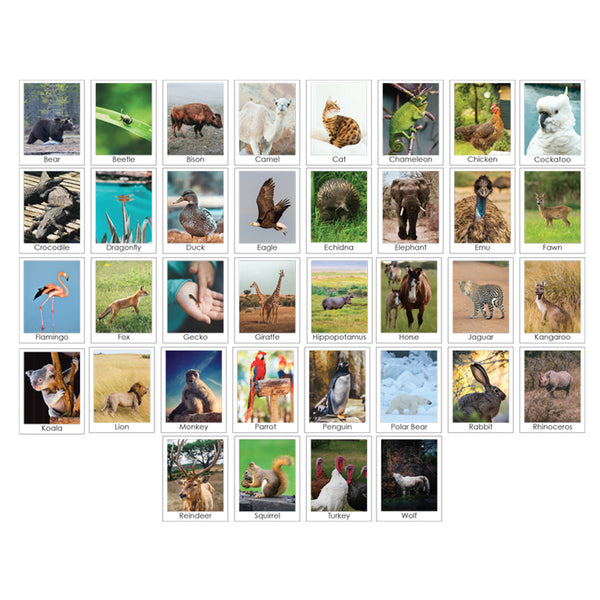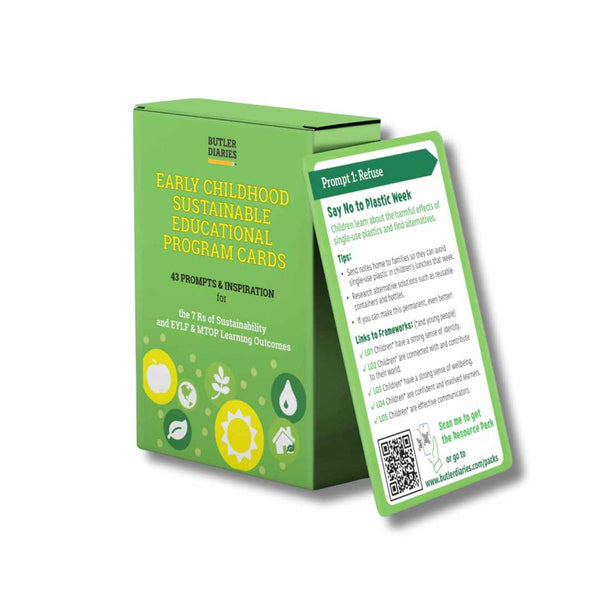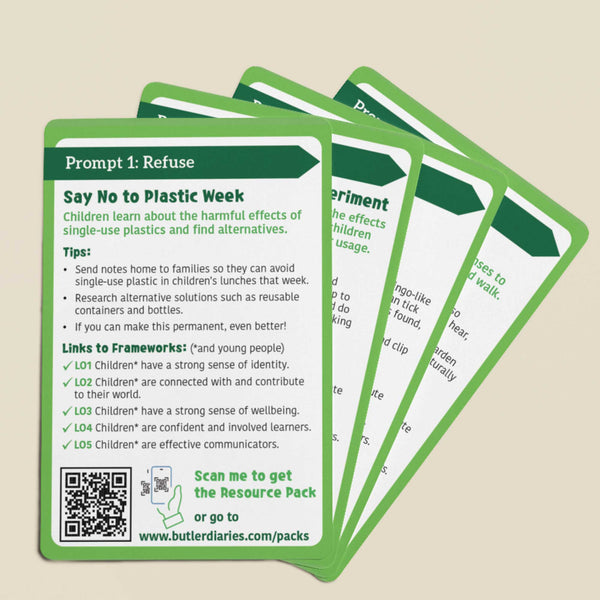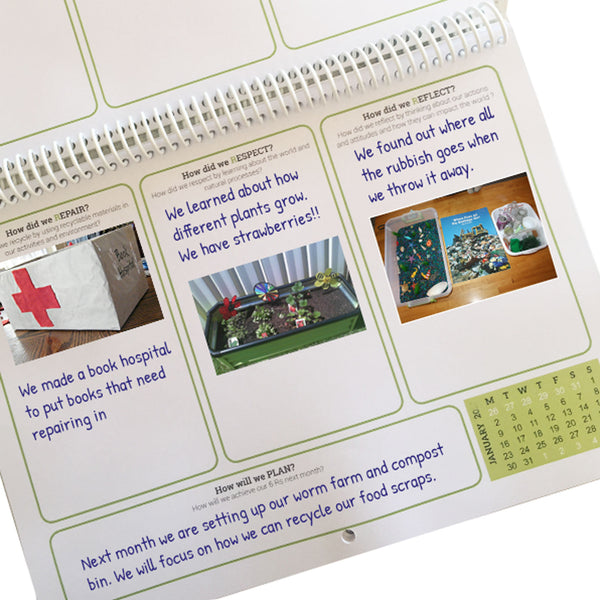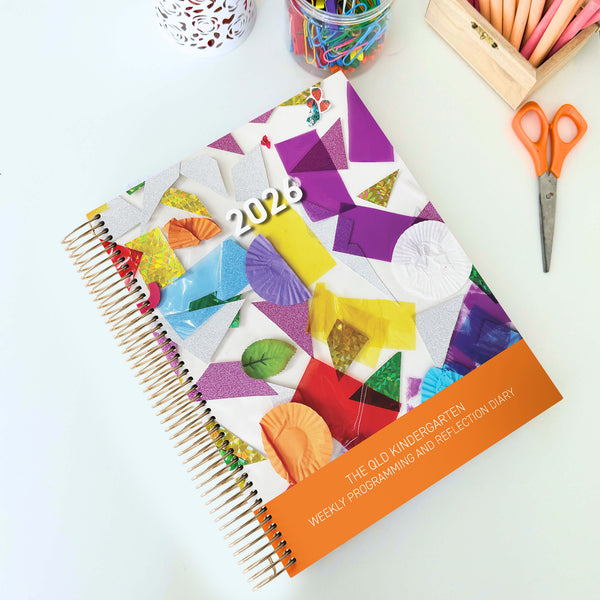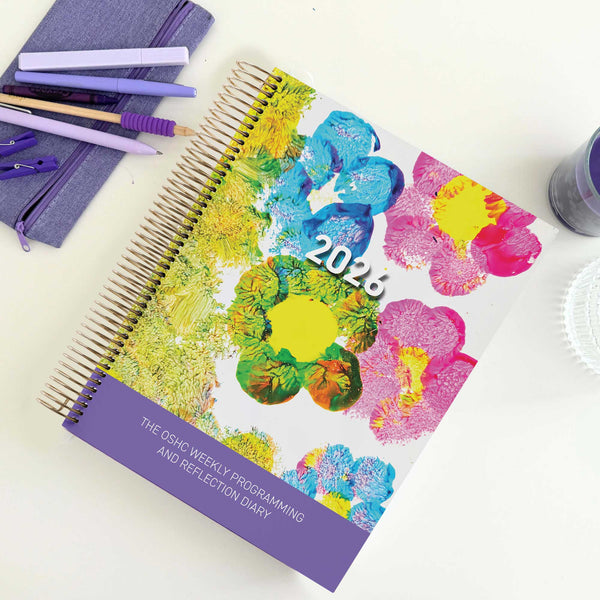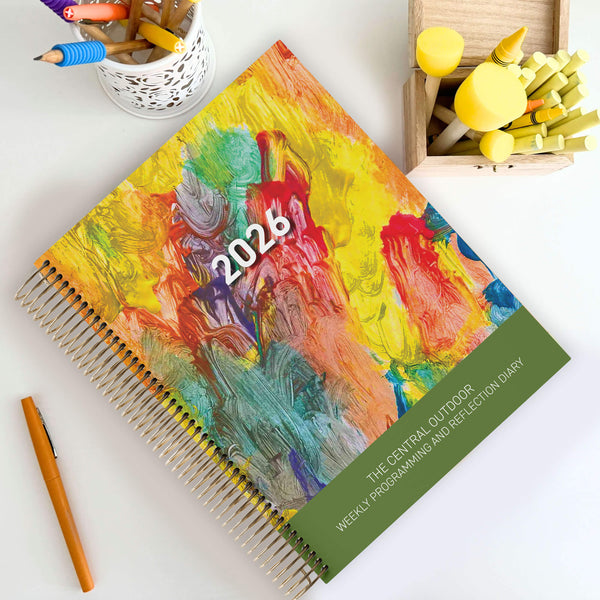The thought of keeping chickens in your childcare centre or kindergarten might seem like a crazy idea. After all, chickens are big and noisy, right? Wrong! Chickens are actually fantastic educational pets that can be trained to behave in certain ways at the sound of your voice. They can even be litter trained! Here’s how chickens in early childhood can teach children important lessons about responsibility, nutrition, and empathy.
What Can Children Learn from Chickens in Early Childhood?
Active Learning
Studies show that children who participate in learning activities where they’re able to get hands-on with animals are more confident learners, develop stronger literacy and numeracy skills, and are generally more creative than children who don’t. For example, when a child is actively caring for an animal (like a chicken), he or she is practicing problem solving skills by figuring out how to feed it properly, interact with it appropriately, and keep it healthy.
Responsibility and Empathy
Caring for chickens shows them how important it is to take care of all living things – including chickens! By caring for a pet chicken at your early childhood centre, you can teach children about responsibility while having fun together. For example, learning how to feed them, how to clean their coop, and how to ensure they stay healthy foster children's sense of responsibility for something outside of themselves. Chickens can be an excellent addition to any classroom because they help foster empathy and compassion in young children. In addition, these tasks being completed on a regular basis will develop pride in their accomplishments.
Connection with their World
Research has shown that it’s beneficial for children to engage with nature from an early age. Animal-based learning is a powerful way of exposing young minds to STEM, literacy, problem solving, and motor skills. By bringing chickens into your ECE centre you can create some memorable experiences that are great fun for both your children and their families.
Healthy Eating
Chickens are a great way to get families involved in the centre's program. These low-maintenance animals are a great way for children of all ages (and adults!) to learn nutrition and healthy eating together. Make children responsible for collecting the eggs and encourage families to take them home for breakfast. Together families are learning about where their food comes and about eating healthy options.
And of Course, The Lifecycle
Children can observe eggs being hatched by baby chicks and play a vital role in caring for them into adulthood for the cycle to start again.
How to Include Chickens in your Early Learning Centre
Our friends at The University of Sydney developed a great set of tips on how to start a chicken coop in your childcare centre, which we’ve included below. If you are interested in getting chickens for your childcare centre or day care then follow these steps:
1. Check if it is legal to keep chickens at your premises; you may need council approval
2. Find out what zoning you are under; zoned areas will have restrictions around keeping animals
3. Contact relevant authorities
4. Complete all relevant documentation and risk assessments
5. Prepare/update policies and safety/hazard checklists as needed
6. Have written permission from parents
7. Consult with all staff
8. Locate a service to assist you through the process and chicken care
9. Set up your environments to meet chicken care needs
10. Collect resources to enable children to get the most from including chickens in your program
Record your educational journey in your Weekly Programming and Reflection Diary.
Related Blog Posts
-
Embedding the 3 Dimensions of Sustainability Through the 7Rs in ECEC Activities
-
The Three Dimensions of the Sustainability Principle: Embedding and Documenting in the Early Years
-
Creative Cardboard Box Activities for ECEC: Engaging Ideas Linked to EYLF Outcomes
-
12 Engaging Bottle Cap Games for Early Childhood Education and Care (ECEC) – Linked to EYLF








